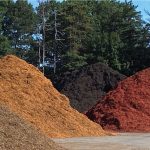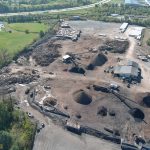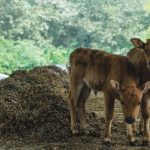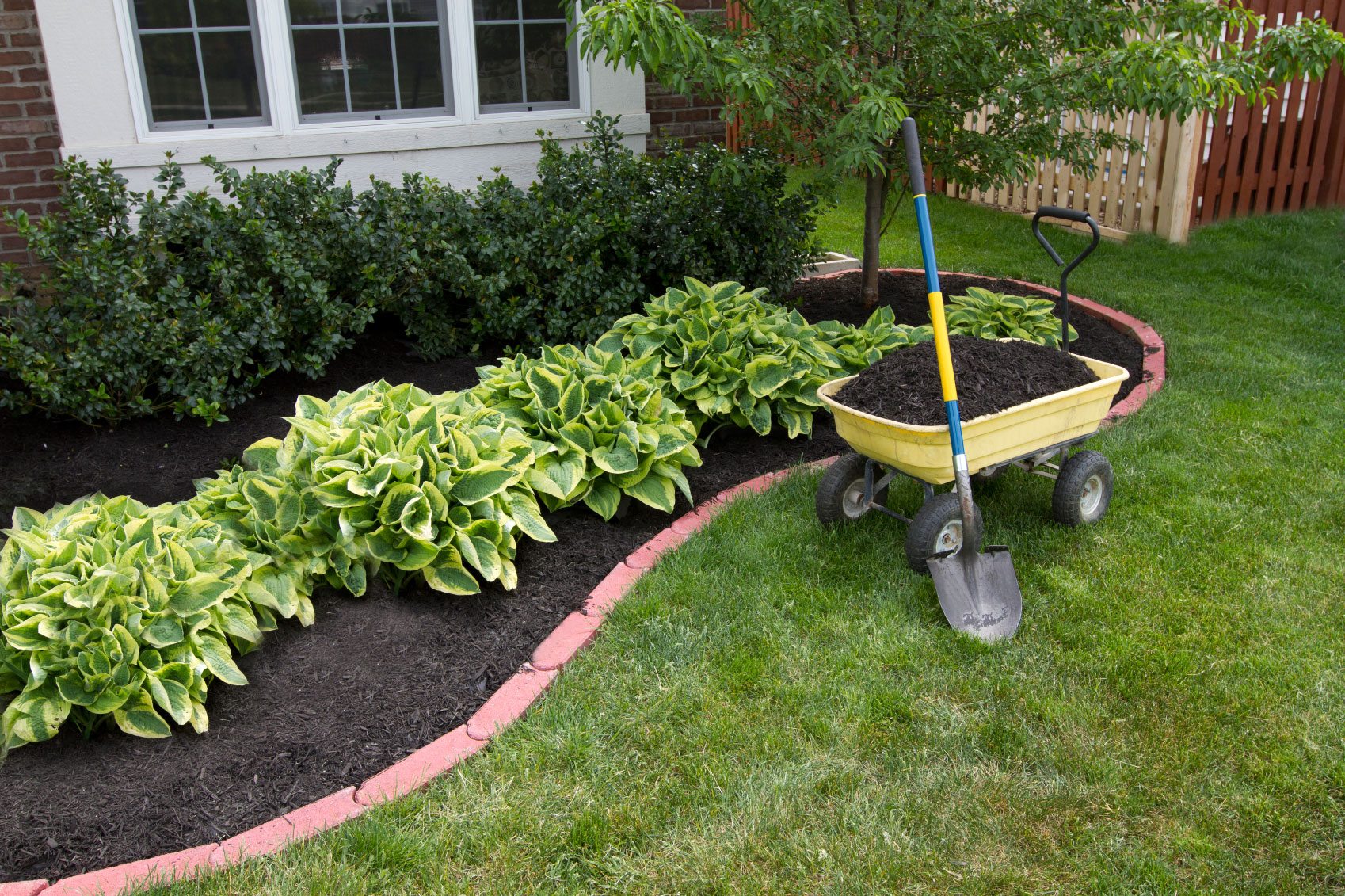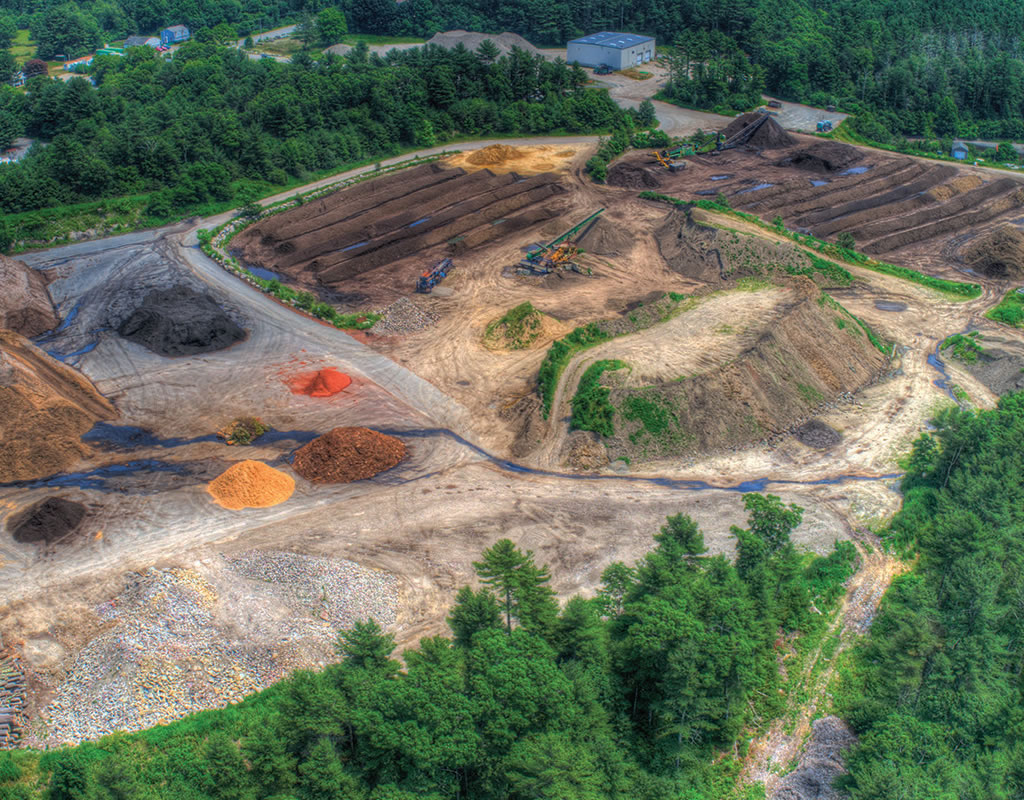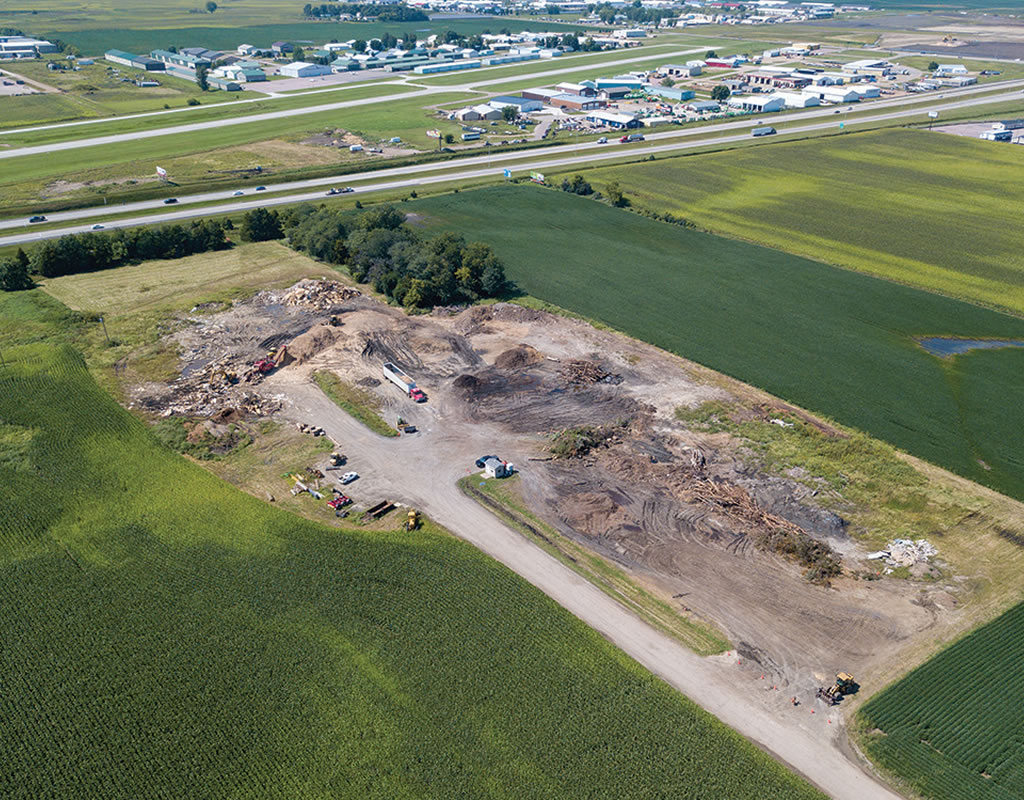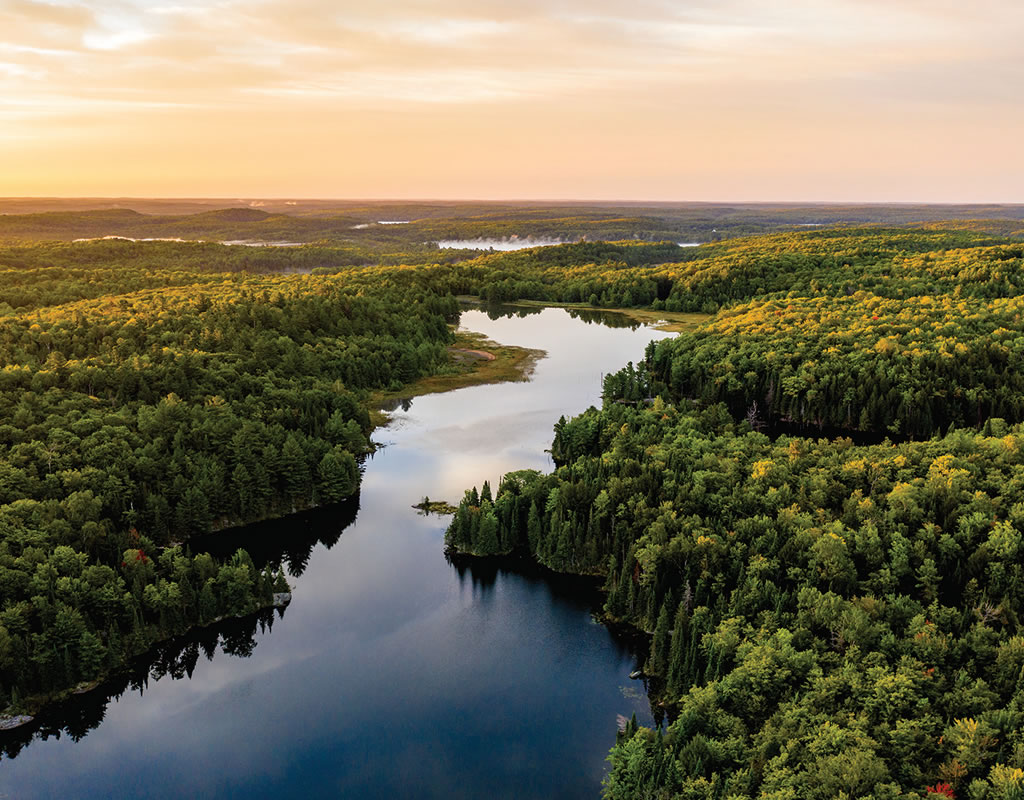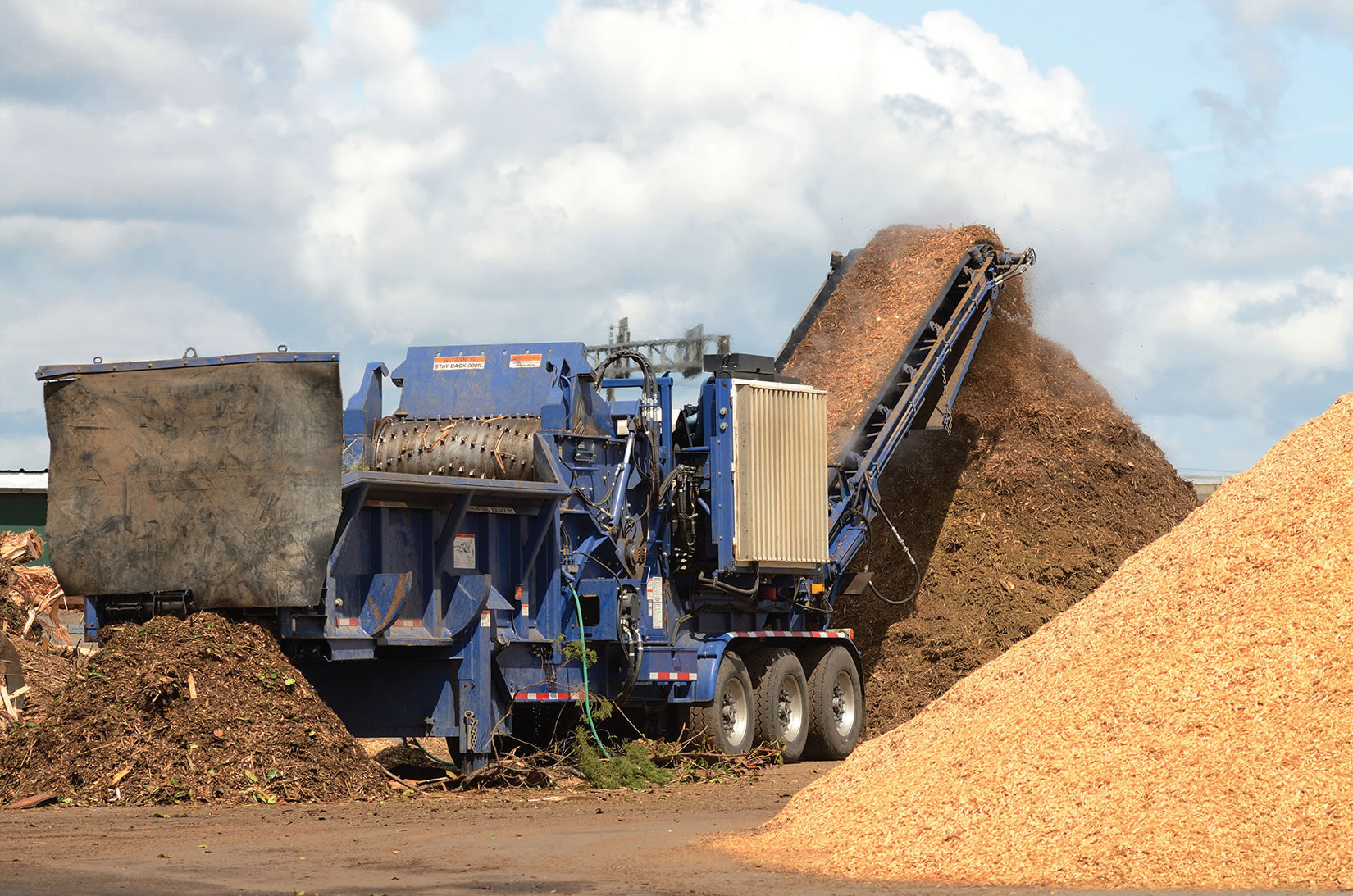By P.J. Heller
Little did Bill Gaston know when he landed a summer job while in high school with a tree surgeon company that more than five decades later, he would still be in the industry.
“The first couple of days at work, when I saw these guys climb trees, I knew immediately I could do it,” he recalls. “It was something I knew I could do. I couldn’t wait to get into the trees.”
He eventually convinced his mother to co-sign a $1,200 note so he could purchase a pickup truck and begin working for himself.
“I didn’t pick my career. My career picked me,” Gaston is fond of saying.
From what he describes as “very humble beginnings,” he has created a family of companies – Gaston Tree Service, started in 1972; Gaston Tree Debris Recycling, a full-service green waste removal company; and Gaston Soil and Mulch, which bagged more than 2.5 million bags the past year and is expected to more than double that amount this year.
“Same pants, different pockets,” he says of the three businesses.
“The business model creates a closed-loop system in which a customer’s trees can be removed, recycled, and returned to the landscape as mulch or soil, all under the Gaston umbrella,” explains Gaston, the founder and chief executive officer.
The family-run company, which employs some 150 people, is headquartered in Gainesville, FL, and operates about a dozen sites throughout the state stretching from Jacksonville to Orlando to Tampa. The largest site is 65 acres, the smallest 10 acres.
“We followed our nose,” Gaston says of the operations. “The first thing we did was start a tree service. The next thing we wanted to do was to get rid of the stuff, so we started recycling it. And out of that, we ended up making [mulch, soil and chip] products for beneficial use.”
The Tree Debris Recycling business was the first permitted tree, yard, and land-clearing debris recycling center in Florida, notes Gaston’s brother, Levin, a company co-founder and chief operating officer. It was launched in 1985 after the state mandated that vegetation could no longer be dumped into landfills.
Gaston not only took in its own tree debris, but material from the city of Gainesville, the University of Florida and some of its competitors in the tree service business.
“We were making boiler fuel,” Levin Gaston recalls. “We were chipping it and then we started grinding it and screening it.”
After screening, the remaining material was placed in a large pile to be aerobically composted and later sold as compost or soil. Levin Gaston is considered the company’s soils expert.
The company manages vegetation for Hillsboro County, handling about 100,000 tons annually, and recently received a contract from Polk County to handle about 75,000 tons yearly. Overall, the company manages approximately 1 million tons a year of green waste throughout the state.
“We hate the word ‘waste’ but it is green,” Bill Gaston says. “It’s tree-land clearing and yard debris. We used to call it waste. Now we call it feedstock so we can make our product. We charge people a tipping fee to bring it into our location, then we process it into a product for beneficial use. Then we put it out there on the market. Our favorite phrase or motto is, ‘Whoever controls the fiber wins’.
“We made our competitors our customers,” he adds. “Our competitors will come in and turn in their tree debris, and we’ll use it for biomass, or it can go into a bag to a big box store.”
Gaston supplies materials to several landscape wholesalers and bagged plant potting mix and mulch providers.
“We make a soil. We make a mulch. It can go in a bag and can go into a big box store. If you’ve recently purchased a bag of topsoil or mulch from a big box store, hardware store, or nursery and garden center, there’s a good chance that part of it came from Gaston Mulch and Soil,” he says.
The company is in negotiations with a company in Spain to make biochar and is discussing exporting clean chips from the Port of Tampa.
Gaston also does emergency service contract work, providing assistance not only in Florida but in Texas, Oklahoma, Arkansas, Connecticut and New York. The company can bring its grinders to help clean up large quantities of vegetation created by hurricanes, tornadoes, ice storms or other storm events.
It was instrumental in assisting with cleanup in Florida after Hurricane Helene, a category 4 storm with peak winds of 140 miles per hour, swept through the region in late September 2024. It made landfall just southwest of Perry, FL, in Taylor County and caused catastrophic damage in Florida's Big Bend and Gulf coast communities as well as in Georgia, North and South Carolina, and Tennessee.
Helene was responsible for at least 250 fatalities in the United States, making it the deadliest hurricane in the contiguous U.S. since Katrina in 2005.
Gaston processed about 6 million cubic yards of storm debris in Florida. Some of the storm debris was ground up and land-banked around the state, where farmers can access it or it can be composted, worked into the soil or be subsequently screened for mulch or organic soil.
Dealing with Helene, Gaston confined its work to Florida since there was so much work there.
“Basically, we go out and we pick up sticks, improve them, put them in a bag or a bulk and put it back out there for beneficial use,” Gaston explains.
“We'll come to your house. We'll cut your tree down. We'll bring it in here to our site. We'll turn that into a mulch. We'll put it in a bag. It's going to end up in a big box store down the street, and you're going to go get your bag back and so it completes the cycle.”
Gaston is also composting food waste, including from the University of Florida, at two of its sites. Florida does not mandate food composting, although some cities and counties require it. Gainesville, for example, requires restaurants to divert food waste from landfills.
Bill Gaston says the company is well-positioned for the future, with a second generation – his son and son-in-law – in place in the business. He’s hoping a third generation, currently two 11-year-old twin grandsons, will eventually join the company.
“What we do is needed everywhere, so I see us continuing to grow at a pretty good pace,” he says.
Some employees have been with the company for 28 years.
“If you’re going to be in this industry, you want to be with us,” Gaston says, adding that he’s not worried about competition due to the cost of getting started, which he estimates at a few million dollars.
“We’ve got about $20 million invested in screens, grinders, rolling stock and other equipment,” he says. “It does give us a little edge in the industry.”
With so much work in Florida, Gaston says the company isn’t ready to expand out of state.
“We've been looking at heading up the I-75 and I-95 corridors, but with so much to do in Florida, we’re not ready to do that yet,” he says. “We’ll travel for a storm event. If we’re needed, we’ll travel.”
Gaston says he never envisioned being where he is today when he started the business 53 years ago.
“Amazed, amazed, amazed,” he says when asked if he’s surprised by his success.
“We are blessed,” he says. “We feel blessed every day. It goes back to the fact that we can work together as a family . . . To us money is a representation of service to other people. In order to create an income, you've got to provide a product or a service. We've been fortunate enough to have our own business. Nobody was doing what we were doing anywhere. It was make it up as we go.
“We’re just fortunate that we've been able to work at something we really love, and at the same time make a living,” he says.
Related News
Subscribe Today
Every other month, Soil & Mulch Producer
News brings you important stories about:
• New Technology
• Products
• Industry News
• Research Studies
Soil & Mulch Producer News features articles and services relevant to your daily operations.

